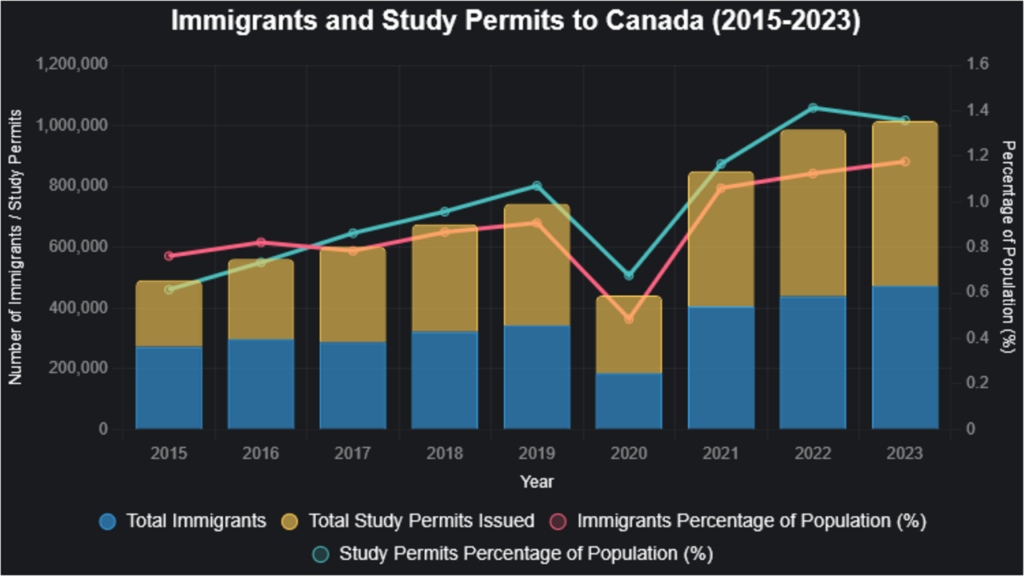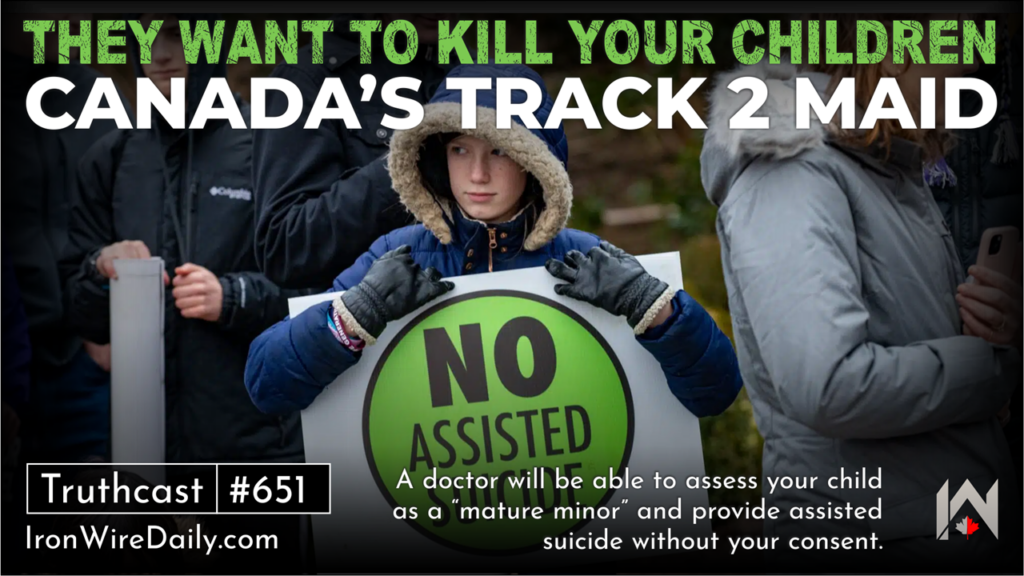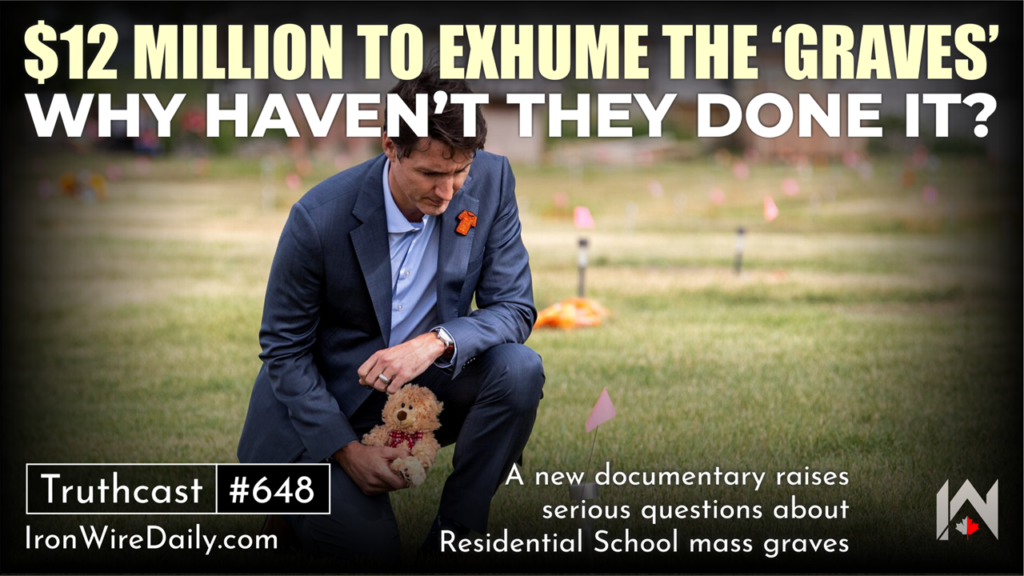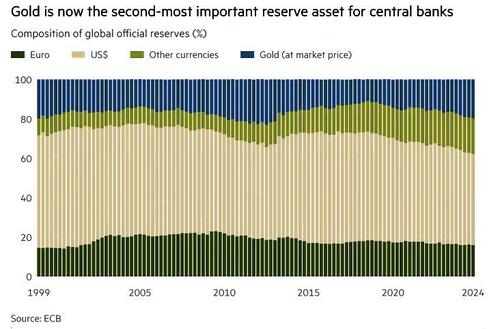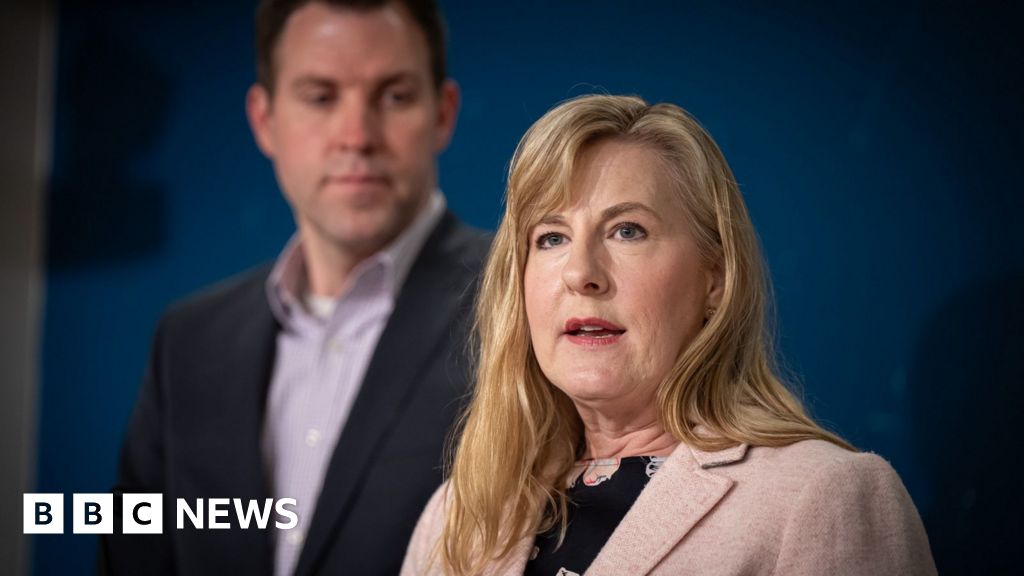CDC Scientist Who Drove COVID, RSV Vaccine Policies Resigns in Protest

Source: Children’s Health Defense
A senior scientist at the Centers for Disease Control and Prevention (CDC), who helped shape national vaccine policy for respiratory viruses, resigned Monday.
Dr. Fiona Havers, an internal medicine physician and infectious disease specialist, cited concerns about the future of vaccine policy under U.S. Health and Human Services (HHS) Secretary Robert F. Kennedy Jr.
In an email to colleagues announcing her resignation, Havers said she was no longer confident that COVID-19 and RSV, or respiratory syncytial virus, vaccine data would be used “objectively or evaluated with appropriate scientific rigor to make evidence-based vaccine policy decisions.”
Drug safety advocate Kim Witczak said Havers’ concerns over how the current administration will use data on respiratory illnesses belied the lack of scientific debate plaguing public health agencies.
“Where was that concern during the height of the COVID vaccine era?” asked Witczak, a member of the U.S. Food and Drug Administration’s Psychopharmacologic Drugs Advisory Committee. “For someone who was central to driving policy through her data presentations to now raise alarm about lack of rigor — well, it says a lot about how the system only values critique when it suits internal narratives.”
Havers led efforts by the CDC to study respiratory illness hospitalization trends. According to CBS News, Havers’ findings “figured prominently” at prior meetings of the CDC’s Advisory Committee of Immunization Practices (ACIP).
ACIP develops vaccine-related recommendations, which are then passed on to the director of the CDC for approval.
Havers’ resignation came just a week after Kennedy removed all of ACIP’s members, and days after Kennedy tapped eight new ACIP members, some of whom the mainstream media subsequently accused of being “anti-vaccine activists.” Kennedy said the changes were needed “to re-establish public confidence in vaccine science.”
Emily G. Hilliard, HHS press secretary, suggested that public health agencies were moving in a different direction.
“Under Secretary Kennedy’s leadership, HHS is committed to following the gold standard of scientific integrity. Vaccine policy decisions will be based on objective data, transparent analysis, and evidence — not conflicts of interest or industry influence,” Hilliard said.
The move came less than two weeks after another CDC official, Dr. Lakshmi Panagiotakopoulos, a pediatric infectious disease expert who helped promote the COVID-19 vaccine to pregnant women, resigned from the agency’s working group on the COVID-19 vaccine. Panagiotakopoulos said she was “no longer able to help the most vulnerable members” of the population.
Havers’ resignation welcomed by some
Havers’ resignation “could open the door for new experts to bring fresh perspectives or different scientific viewpoints,” said pediatrician Dr. Michelle Perro.
“It is obvious that Dr. Havers is not fully aligned with the current direction of vaccine policy under new leadership. Her departure is beneficial to ensure that the committee has members who are fully aligned with the administration’s new priorities or approaches,” Perro said.
According to The Washington Post, Havers, a 13-year veteran of the CDC, “worked with hospitals and health-care systems to identify key trends about the respiratory viruses such as influenza, COVID-19 and RSV in the last several years.” Havers presented this data at “nearly every public meeting” of ACIP.
In April, Havers presented data showing that rates of COVID-associated hospitalizations in the U.S. were highest among infants 6 months of age and younger and that most children under age 2 who were hospitalized with COVID-19 had no underlying conditions.
In her resignation letter, Havers said the COVID and RSV data she and her team collected were used in more than 20 peer-reviewed articles and 15 CDC Morbidity and Mortality Weekly Reports.
Witczak suggested that the data Havers and her team presented was tailored toward a pro-Pharma narrative.
“I’ve spent the last two decades watching how public health narratives are shaped, often more by politics and institutional self-preservation than by transparent science,” Witczak said. “I watched her presentations over the past few years at ACIP meetings, and her resignation is interesting timing, especially with an upcoming meeting with an all-new roster of members.”
The next ACIP meeting is scheduled for June 25-27 — the committee’s first meeting with its new lineup of members. ACIP will vote on recommendations for COVID-19 boosters and other vaccines for the fall respiratory illness season.
In a commentary published earlier this week in the Journal of the American Medical Association, the 17 ousted members of ACIP said they are “deeply concerned that these destabilizing decisions, made without clear rationale, may roll back the achievements of U.S. immunization policy.”
Recent departures could mark ‘course correction’
The resignations of Panagiotakopoulos and Havers and the ouster of ACIP’s 17 former members have generated significant mainstream media coverage. The coverage was not the norm before the current administration took office, according to internal medicine physician Dr. Clayton J. Baker.
“It’s interesting that the decision of a low-to-mid-level CDC employee to move on, upon the arrival of a new administration, is considered so newsworthy. It seems the mainstream media is looking for controversy,” Baker said.
“The media continues to obsess over the firing of ACIP members under Secretary Kennedy, but they rarely ask why so many Americans lost trust in these institutions in the first place. It’s easier to focus on political optics than to reckon with the systemic failures that have hurt real people,” Witczak said.
Perro said personnel changes could allow the CDC and ACIP to adapt to new ways of thinking about vaccinations and help restore trust in these entities.
The changes “could be the first sign of a long-overdue course correction,” Witczak said, adding, “The door is now open for public health to return to its roots — serving the people, not the industry.”
Pushing COVID, RSV, flu vaccines for pregnant women, kids, seniors
Havers has co-authored several journal articles that have promoted COVID-19, RSV and flu vaccine uptake among pregnant women, children and the elderly.
One paper, published in January in Open Forum Infectious Diseases, stated, “Increasing pediatric COVID-19 vaccination, especially among children with underlying medical conditions, could help reduce COVID-19 hospitalizations.”
CDC Morbidity and Mortality Weekly Report published a paper co-authored by Havers on Aug. 13, 2021, stating that COVID-19 vaccines “have shown high efficacy in preventing symptomatic (including moderate to severe) COVID-19.”
According to the report, “Efforts to increase vaccination coverage are critical to reducing the risk for COVID-19-related hospitalization, particularly in older adults.”
And Havers co-authored a March 2025 article in the journal Vaccine stating that “2023-2024 COVID-19 vaccinations reduced the burden of COVID-19-associated severe disease.”


This article was funded by critical thinkers like you.
The Defender is 100% reader-supported. No corporate sponsors. No paywalls. Our writers and editors rely on you to fund stories like this that mainstream media won’t write.
Havers also promoted RSV vaccination, despite known risks.
In the CDC’s May 8 Morbidity and Mortality Weekly Report, Havers and her co-authors stated that “RSV-associated hospitalization rates among infants were lower than in prepandemic seasons” because of RSV vaccines during the 2024-2025 cold and flu season. The report encouraged maternal vaccination during pregnancy to aid in this effort.
Internist Dr. Meryl Nass said the RSV vaccine “was associated with several serious neurologic events — Guillain-Barré syndrome or a related condition — in three adults in a clinical trial of about 6,000.”
“This should have ended the vaccine’s chance at licensure — but it didn’t,” Nass said. “After even more people took the vaccine, it turned out the association with severe neurologic events was real. And now the ACIP expanded the recommendation for the vaccine to people younger than 60 with a comorbidity.”
According to Perro, “The Pfizer RSV vaccine lacks long-term safety data, demonstrated inadequate efficacy in some vulnerable groups and can limit or prevent the development of natural immunity in babies.”
Havers has also published non-journal articles recommending that pregnant women get the flu and pertussis (whooping cough) vaccines.
“Given the shameful history of public health officials during COVID of misjudging the risks of the virus and the benefits of the vaccines … perhaps Dr. Havers’ approach to ‘science’ is not in keeping with the current administration,” Baker said.
Witczak suggested that the resignation of scientists such as Havers and Panagiotakopoulos may be an effort to avoid questions about their previous findings and recommendations.
“The recent high-profile resignations suggest a deep discomfort with the direction public health is going under this new administration. Discomfort doesn’t equal suppression. It may just mean for the first time they’re going to be asked to defend their conclusions in a room where real critical thinking questions are allowed and not just rubber stamped,” Witczak said.
Related articles in The Defender
- RFK Jr. Taps 8 New ACIP Members, Offit Concedes Most ‘Seem Reasonable’
- Breaking: RFK Jr. Removes All Members of CDC Vaccine Advisory Committee
- ‘The Narrative is Cracking’: CDC Adviser Who Promoted COVID Vaccines for Pregnant Women Resigns
- Biden Administration Stacked Key Vaccine Review Committee With Pro-vaxxers
- 9 New ‘Independent’ Advisers to CDC Publicly Promoted Vaccines or Took Money From Pharma — or Both
- RSV: Fact and Fiction With Dr. Meryl Nass and Brian Hooker, Ph.D.

